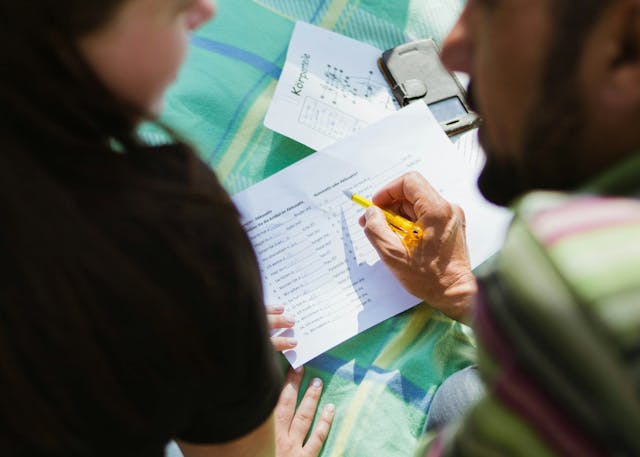How Luxembourg is reshaping agricultural policy

JSB Co., Unsplash
Luxembourg's Minister of Agriculture, Martine Hansen, is convinced that agricultural policy cannot be developed without constant and meaningful dialogue with farmers and winegrowers. Since her first days in office, she has relied on platforms like the Landwirtschaftsdësch - round tables where farmers discuss new regulations together with the ministry.
Hansen does not limit herself to meetings in offices - she regularly travels to fields and farms to see first-hand how farmers work. It is this approach that has led to agreement on a new interpretation of the "active farmer", a law to support greenhouse construction, and relaxations for development in "green" areas. In autumn, the Ministry of Ecology will propose a new text of the law on nature protection, and the Ministry of Labour will present updated rules for seasonal workers.
One of the key areas remains the reduction of ammonia emissions. Hansen is being pragmatic here: it is not about bans, but about tools that farmers can understand. This is why Luxembourg is introducing an emission monitoring system that will allow farmers to track their performance and adapt flexibly. At the same time, in order to reduce the use of glyphosate and pesticides, financial incentive programmes have been launched - voluntary but effective, the Minister assures.
Hansen calls the former government's goal of increasing the share of organic farmland to 20 per cent by 2025 "unrealistic". Currently, only about 5 per cent of the land is organic. However, there is a noticeable positive: the transition to partial organic production has been received with interest by farmers, and Restopolis, the state-owned school catering operator, has increased the share of organic food on its menu. A new national organic plan should be ready by the end of 2025, but its quantitative targets have not yet been defined.
More broadly, the government is preparing a strategy to promote healthy eating with a focus on local produce. One of its projects, "Landwirtschaft erliewen", introduces children to agricultural life and products from local farms.
Without young farmers, Hansen emphasises, there is no food security. The first seminar on generational change in the agricultural sector has already taken place, and a second one is scheduled for the autumn. EU Commissioner for Agriculture Christophe Hansen will present an action plan in September, and Luxembourg wants to develop the concept of a "one-stop shop" - a support service for young farmers - by the end of the year. This will have to take into account not only economics and jurisprudence, but also psychological barriers: farm inheritance is a complex process.
At the European level, Martint Hansen fights for simplification of regulation. For example, she points out that it is absurd to include Luxembourg and Austria in the framework of the anti-cutting regulation, even though cutting as a problem does not exist in these countries. Another challenge is the EU budget for 2028-2034: for the first time it does not include a separate section for agriculture. According to preliminary estimates, 400 of Luxembourg's 1,700 active agriculturalists will suffer from reduced subsidies - including a significant number of young people.





